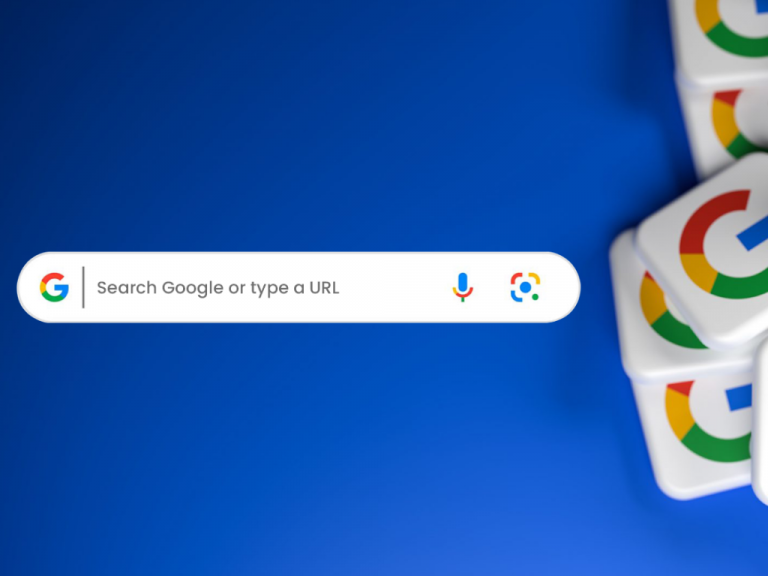Google just announced it is working on a new project dubbed Bard, which will be based on its LaMDA language model platform and provide users with conversational AI services in the form of natural language answers to general queries.
For all intents and purposes, Bard is Google’s answer to OpenAI’s ChatGPT platform that leverages transformer technologies essentially forged by Google back in the day.
The news comes a few short weeks after Microsoft has made headlines riding the wave of ChatGPT’s public awareness. Microsoft has also dumped $10 billion into OpenAI funding to gain a controlling stake in the company’s fiscal future as well as launch several joint efforts to bring ChatGPT to its own platforms and services that include Bing Search.
As of now, Google CEO Sundar Pichai has labeled its Bard effort as an “experimental conversational AI service”. Beyond some high-level examples that include searching for new discoveries from NASA’s James Webb Space Telescope, there is not much else to know about Bard or what a select number of testers will get to play with while testing it out.
Some are speculating that Google could differentiate Bard from ChatGPT by leveraging its ability to draw upon the web to provide the latest high-quality responses, which is an area that ChatGPT currently struggles to provide reliably at times.
While Google may have played the use of transformer-based technologies’ such as ChatGPT 3.5 cautiously in the past, Pichai noted in his announcement blog that the company has been moving ahead with infusing AI into several of its own products that include Search.
Soon, you’ll see AI-powered features in Search that distill complex information and multiple perspectives into easy-to-digest formats, so you can quickly understand the big picture and learn more from the web: whether that’s seeking out additional perspectives, like blogs from people who play both piano and guitar, or going deeper on a related topic, like steps to get started as a beginner. These new AI features will begin rolling out on Google Search soon.
Pichai’s blog announcement supersedes a planned Google event scheduled for this upcoming Wednesday February 9, 2023, where many believe, the company is going to speak on its AI projects.


